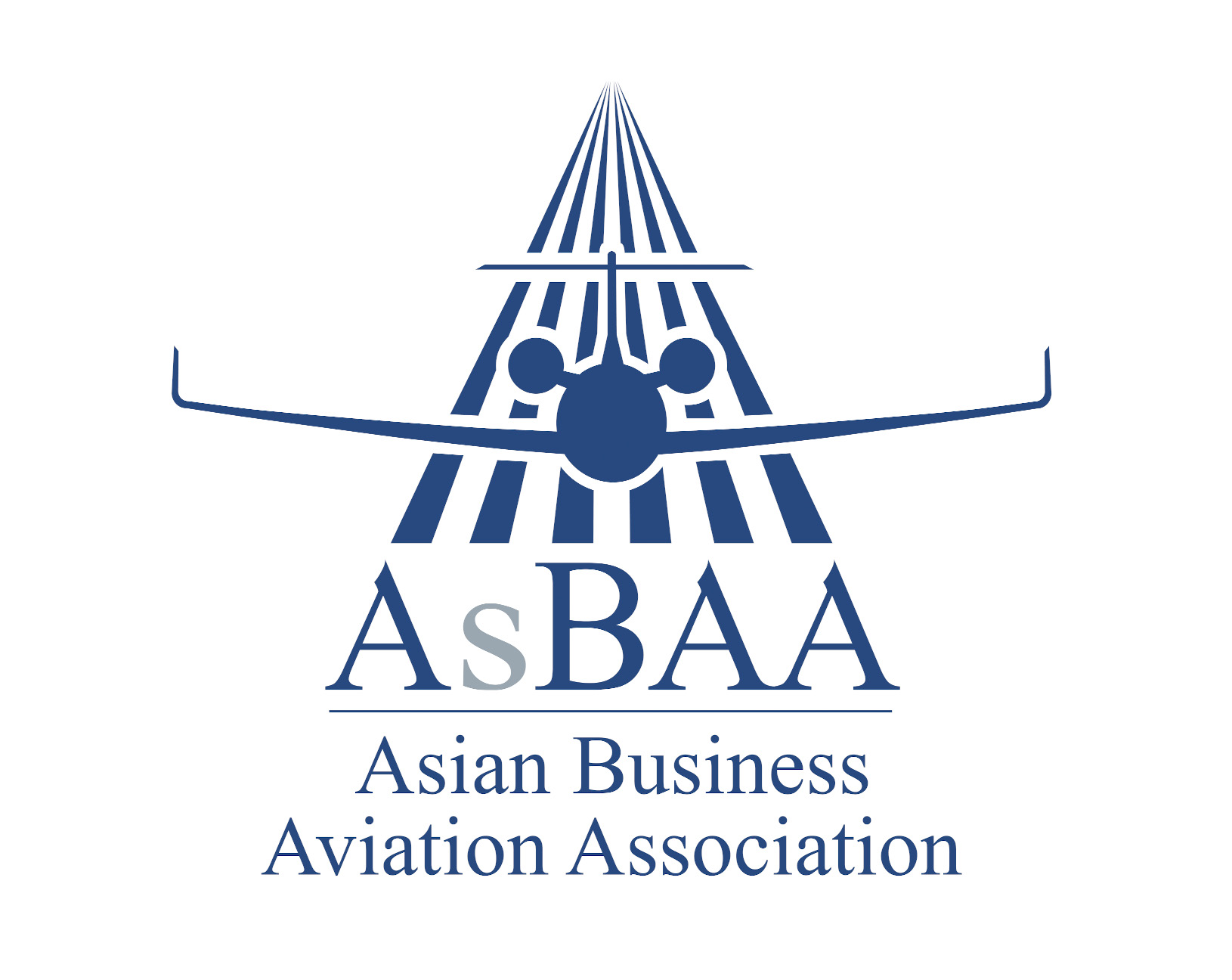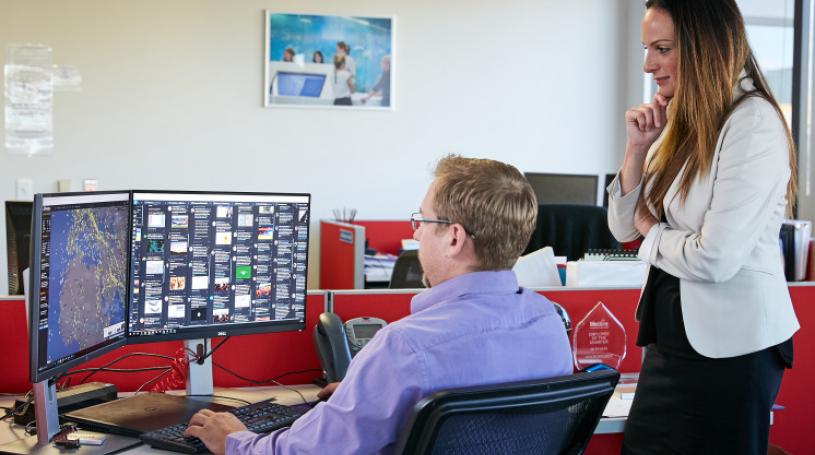Members Update: MedAire- Revenue for aviation in wake of COVID-19
CONVERTING TO CARGO: MEDICAL & SECURITY RISK MANAGEMENT DURING COVID-19
Covid-19 has disrupted international aviation operations and brought passenger carriage to a near halt in some instances. While national entry restrictions have been extended, and prohibitions enacted related to Covid-19 response efforts, cargo operations have largely been exempted.
And, in the same period, the need for air cargo and freight has increased, especially for medical supplies and essential goods.
To meet this increasing demand, traditional scheduled carriers have been reorienting their operations over the past few weeks from passenger to cargo carriage. Although more permissive by national governments and regulators, air cargo operations are not without their medical and security risks in the current environment.
Operators should ensure integrated and comprehensive risk assessments are conducted prior to departure, especially into unfamiliar destinations. This becomes more crucial if crew remain overnight and for contingency planning in event of a diversion or an aircraft on ground scenario.
While not exhaustive, below are a few key points relevant to all carriers and operators in the current Covid-19 crisis as they relate to your operations:
MEDICAL CONSIDERATIONS
In the United States, the CDC and the FAA have published guidelines about how crewmembers can protect themselves during layovers. These guidelines include:
- The importance of strictly observing social distancing as a pillar in the effort to halt the spread of the virus, knowing that interpersonal contact is the main route of transmission;
- Recommendations on transportation between airport and hotel; staying in hotel rooms as much as possible – including for meals; and limiting social interaction outside their travel companions.
It is vital that crewmembers should not operate if they had any recent close contact with a known case of COVID-19, or if they are presenting with any symptoms – even if the symptoms are not the ones usually associated with the coronavirus (fever, cough, shortness of breath). Health care systems around the world are saturated with cases of Covid-19, and care for non-critical cases may be limited at destination.
Isolation procedures should be established for each specific mission to respond if a case is suspected during a flight. Note that some airports/countries may have more stringent medical screening measures in place than others. This could particularly affect flights originating from highly affected areas or with occasional stops along the route.
These enhanced screening procedures could detect a crewmember with fever compromising the entire operation. And, be prepared for unexpected delays or cancellations that may occur.
OPERATIONAL & SECURITY CONSIDERATIONS
Operators should be conducting a full risk assessment prior to all flights.
Most countries have implemented exemptions for cargo operations, but without global coordinated standardisation. Carefully consider all travel/entry restrictions. For example:
- Bans of specific nationalities entering a country via official directives, presidential proclamations, etc. on a country-by-country basis, not just flight restriction NOTAMs.
- What constitutes a cargo flight? Is overnighting allowed? Some countries and locations are only allowing cargo configured aircraft to operate in this capacity, not converted passenger hulls.
- Ensure you are in full compliance with all guidance and clarify any points of confusion.
While operating cargo flights to transport essential supplies globally, do not ignore operational security. Particular attention should be paid to the following:
- Cargo must be appropriately security-screened in compliance with the carrier’s – and the national civil aviation security programme – requirements.
- Are there secure cargo facilities at the airport with access controlled separately from other airport facilities to include badged entry, additional levels of fencing, CCTV monitoring, adequate lighting, dedicated, site specific security personnel? If so, what is their level of training, screening, professionalism, and equipment/technology?
- How do they ensure employees and visitors have been screened and physically searched prior to entering the cargo sterile area?
- And, upon screening, how do they ensure that cargo is protected from unlawful interference in a secure facility and made tamper resistant during transport from the holding/staging facility to the aircraft.
Beyond the overall security posture of the airport, consider:
- Risk from crime in the location you are travelling to. Is there a dedicated history of cargo theft in this location? Brazil, for example, has been a recent hot spot.
- How long will your cargo remain in storage before being transferred to the end user? At what point is transfer of records/materials officially passed into the hands of another responsible party?
- Major cargo thefts are often the result of insider tips. What operational security procedures are in place to ensure information about shipments is kept on a “need to know” basis?
- How are you vetting/confirming reliability of any private handlers or facilitators involved in the offload, transfer, and storage process?
Demand for critical medical supplies and essential goods remain high and may grow in the near-term with flows of these goods expanding via air cargo.
As organizations retool their operations to meet this demand, it is paramount in the current Covid-19 environment to ensure robust end-to-end medical and security risk assessments are conducted prior to all departures, especially when crew fly to an unfamiliar location and may have to remain overnight.
Coordinate with a trusted partner and tap local sources where they exist. Local embassies can be another potential source of information and assistance. Regardless of how risk assessments are conducted, the important thing is they are done, especially in the current global pandemic and crisis.
###
For more information, contact:
Erin Mitchell. Erin.mitchell@medaire.com +1 480 333 3709
ABOUT MEDAIRE
MedAire provides aviation operators, crew and those who fly on the aircraft with global medical and travel security services. We provide medical advice and assistance during in-flight medical events, as well as assistance during travel. To enhance crew preparedness, MedAire provides medical and travel security training; as well as medical kits and equipment for aircraft. Our aviation security services ensure flight departments have the right information, at the right time, to identify, assess, and understand the risks to their people, their aircraft, and their operations.
MedAire has spent more than 30 years supporting the medical and travel safety needs of those in the aviation industry. We have logged thousands of miles visiting medical facilities, airports, hotels, and security providers. No other provider in the industry can match our local knowledge and assistance abilities. Learn more at www.medaire.com.

